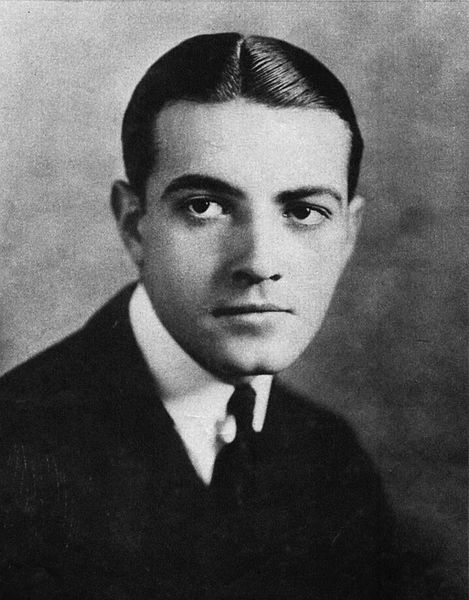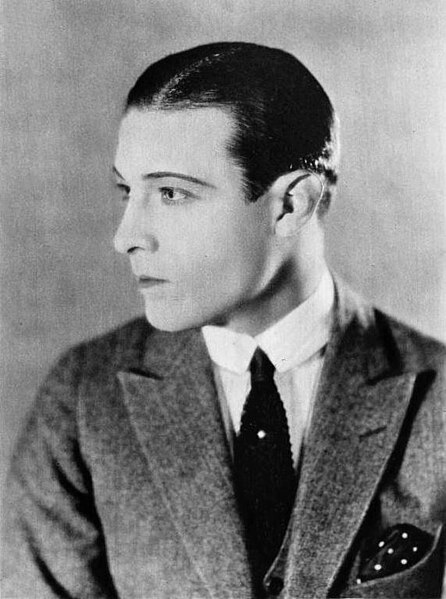Kintarō Hayakawa , known professionally as Sessue Hayakawa , was a Japanese actor and a matinée idol. He was a popular star in Hollywood during the silent film era of the 1910s and early 1920s. Hayakawa was the first actor of Asian descent to achieve stardom as a leading man in the United States and Europe. His "broodingly handsome" good looks and typecasting as a sexually dominant villain made him a heartthrob among American women during a time of racial discrimination, and he became one of the first male sex symbols of Hollywood.
Hayakawa, 1918
Hayakawa in 1918
Hayakawa costumed as the Prince of the Island of Desire in a publicity still for the 1920 silent fantasy film The Beggar Prince
Advertisement in Exhibitors Herald for the American drama film His Birthright with Hayakawa, Marin Sais, and Mary Anderson, 1918
Matinée idol is a term used mainly to describe film or theatre stars who are adored to the point of adulation by their fans. The term almost exclusively refers to adult male actors.
Wallace Reid is an example of a matinée idol. The original caption of this image from Picture-Play Magazine reads: "The only reason why they don’t let Wally play in dress-suit rôles all the time is that the casualties among the ladies would soon empty the picture houses. In fact, we feel that we’re toying with the fan hearts even to print this picture."
Photoplay named Richard Barthelmess the "idol of every girl in America" in the 1920s. An admirer wrote that "his wonderful black hair and soulful eyes are enough to make any young girl adore him" in 1921.
Rudolph Valentino is the epitome of a matinée idol.







